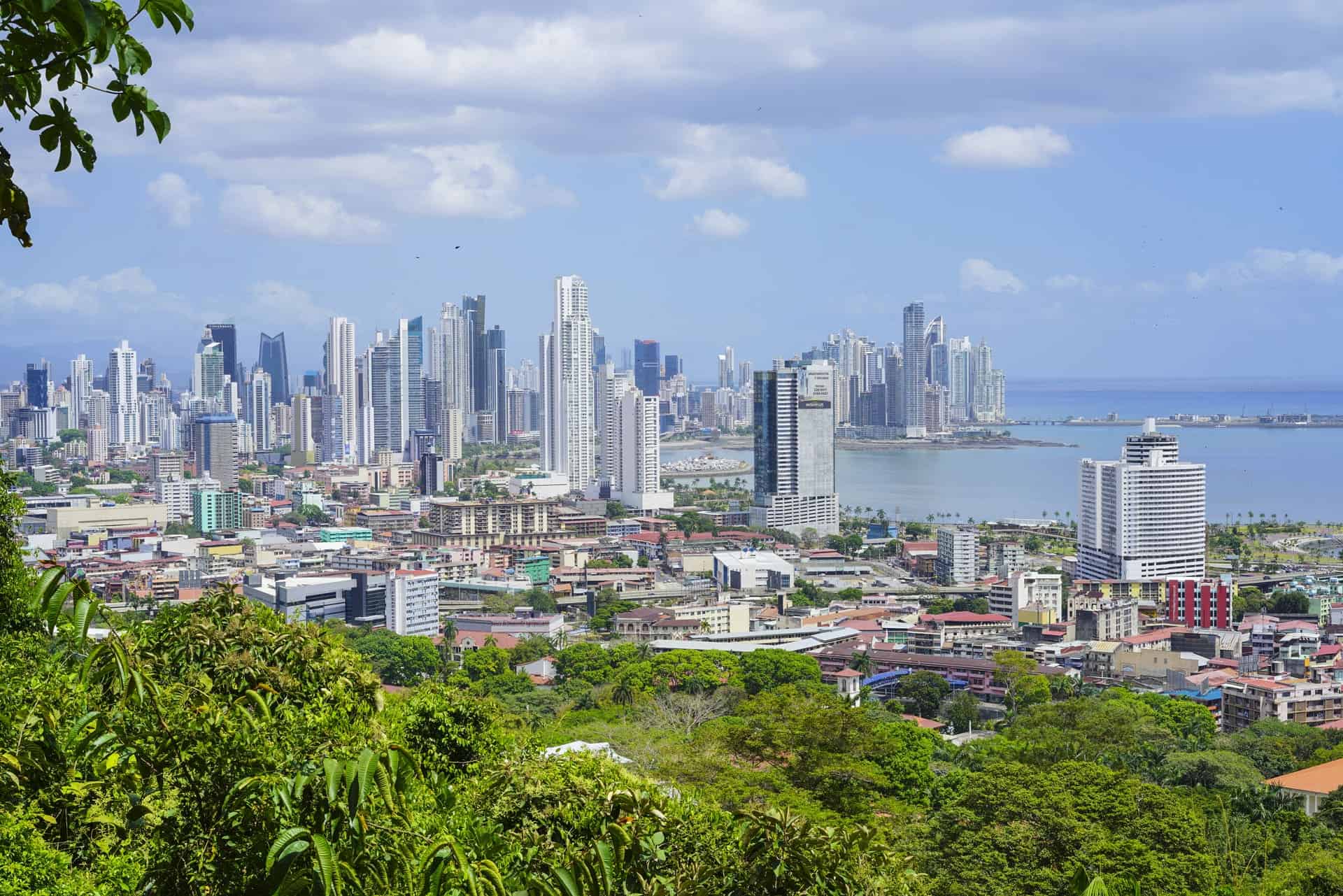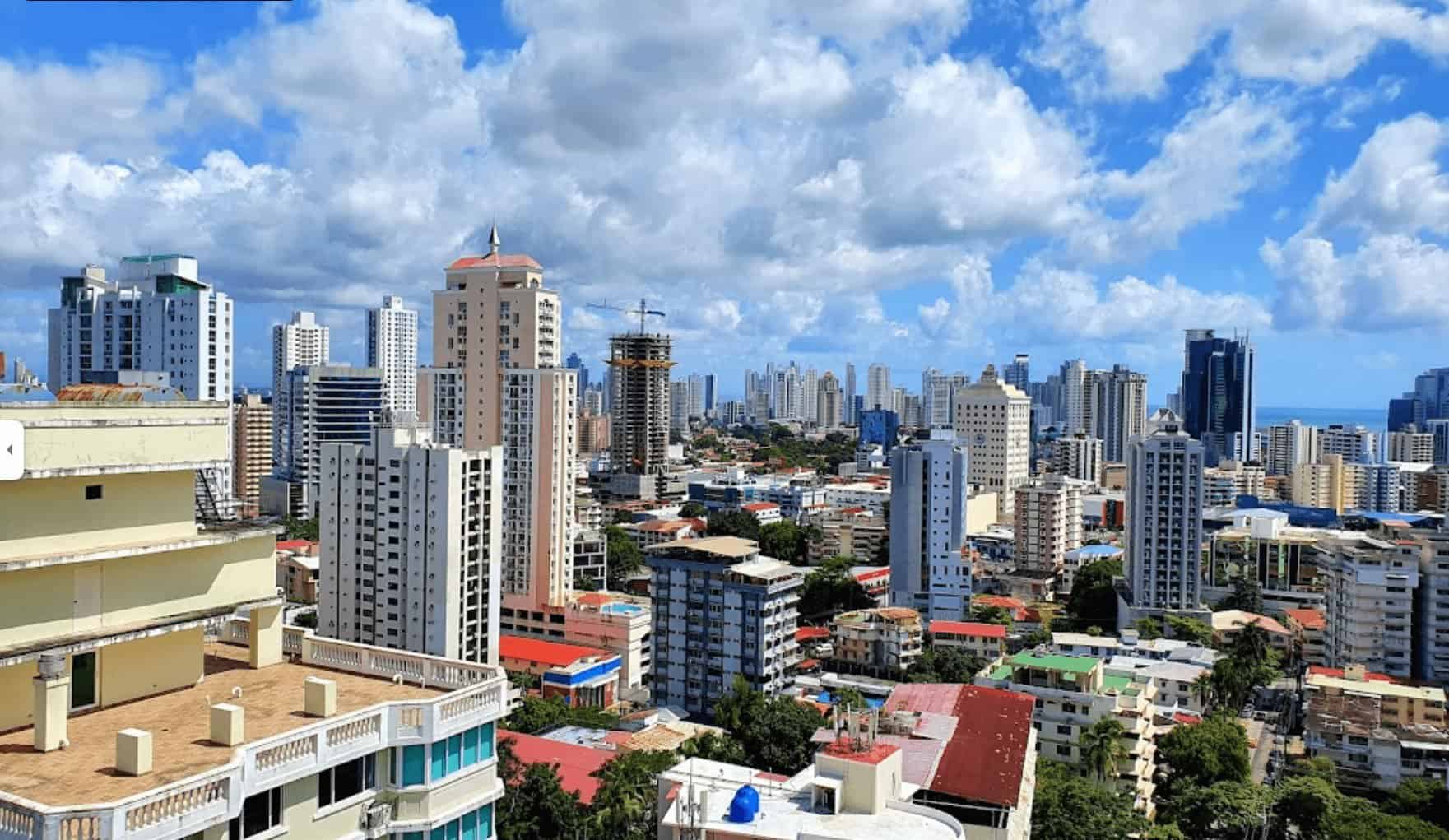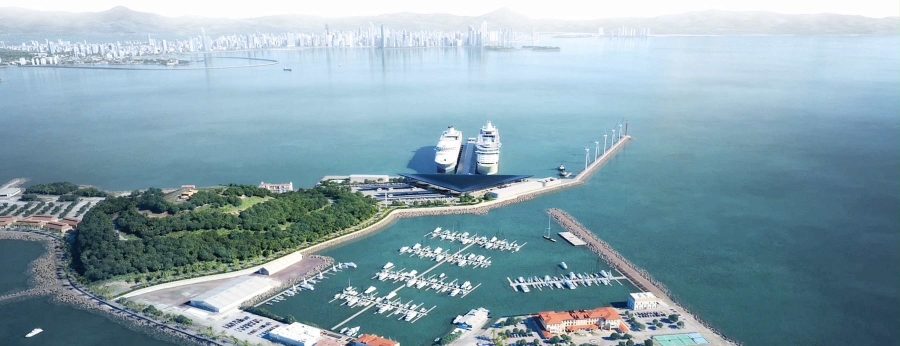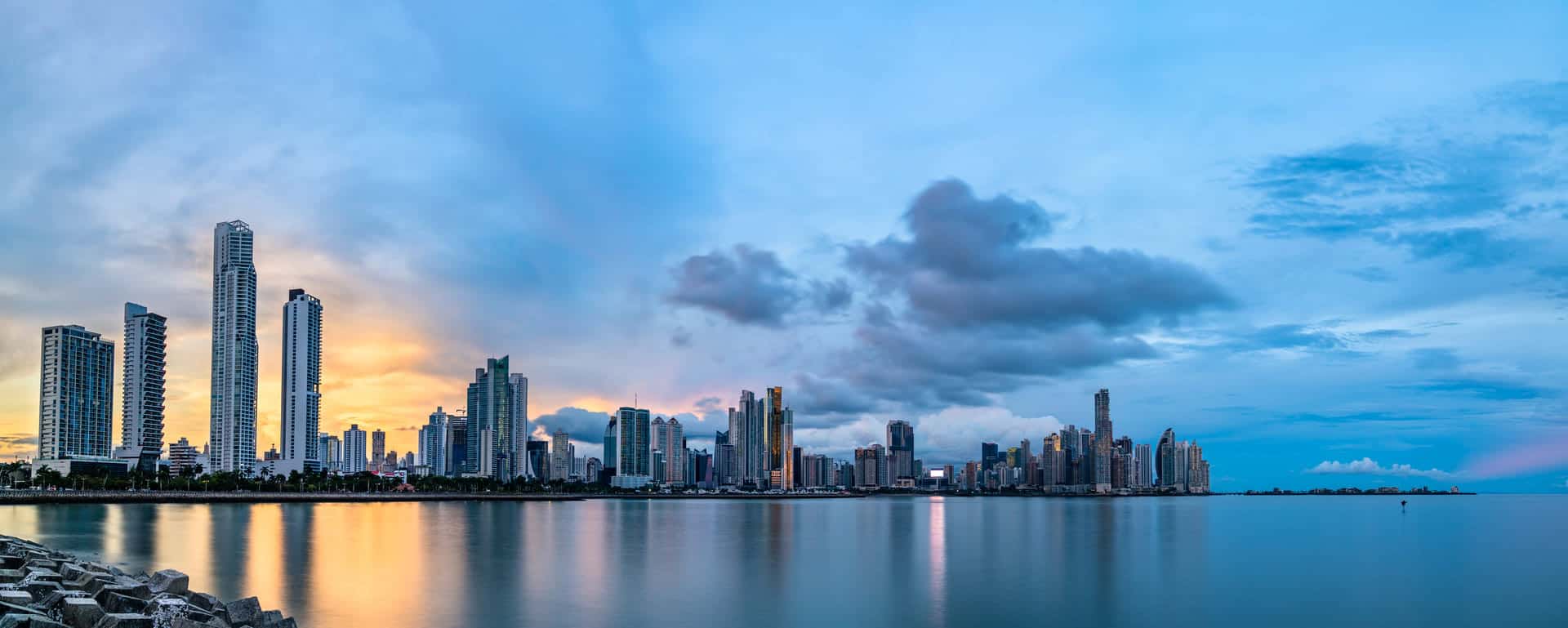Panama’s real estate sector is distinguished in the region, attracting attention for its varied financing options and mortgage strategies. The concept of securing funds through a “mortgage” is pivotal, enabling individuals to actualize their property ownership goals. From innovative approaches like Seller Financing and Developer Financing to Local Bank Financing and International Banks, Panama’s real estate market reflects vitality and openness to financial solutions for both locals and foreigners, particularly amidst robust economic forecasts.
Navigating the mortgage process in Panama is a nuanced journey distinct from the U.S. system. Panamanian banks require meticulous documentation, making engagement with a qualified mortgage broker essential to streamline paperwork and communication. With unique interest rates, mortgage terms, and downpayment requirements, Panama’s real estate market holds promise, supported by reputable banks ready to facilitate property ownership dreams.
- Property Financing and Mortgage Options
- Mortgage Process in Panama – A Comprehensive Guide
- Requirements to Apply for a Mortgage
- Best Banks That Offer Mortgages in Panama
- Conclusion

Property Financing and Mortgage Options
Panama’s real estate sector stands out in the region for its robust financing options. When acquiring property in Panama through a mortgage, it is important to understand the unique aspects of the local market. Mortgages here typically require life and fire insurance and are not based on credit scores. Additionally, interest rates align closely with those in the USA. For financing eligibility, properties must be titled and situated in developed urban areas. Furthermore, banks often necessitate that foreign documents be authenticated, either through Apostille or a Panamanian consulate. Let’s delve deeper into the various ways to secure financing for property in Panama.
- Seller Financing: This involves negotiating financing terms directly with the property seller. The interest rates and terms can be similar to those offered by banks but are typically shorter in duration. Sellers may charge interest on the unpaid balance of the purchase price and may ask for a higher asking price in return for offering financing.
- Developer Financing: This option is common for pre-construction or during-construction properties. It usually includes small down payments, monthly payments, and a balloon payment upon completion of the property. Some developers have connections with banks that can expedite the loan process for specific properties.
- Local Bank Financing: Panamanian banks offer mortgages to both residents and non-residents, with some specific requirements and restrictions. For instance, non-residents can get financing for up to 70% of the property’s purchase price with a maximum term of 25 years. The loan must be paid off by the time the borrower is 75 years old. Banks require a comprehensive list of documents, including financial statements, tax returns, proof of income, and property appraisal.
- International Banks: Some international banks, like Lloyds TSB International, provide financing for overseas properties, including in Panama. These banks might finance up to 70% of the property’s value.

Mortgage Process in Panama – A Comprehensive Guide
- Eligibility Criteria: To qualify for a mortgage in Panama, applicants must meet certain age, income, employment, and residency criteria. The maximum age limit is 75 years at the end of the mortgage term. Income and employment status must be verifiable, and while residency is not a strict requirement, it can influence the loan terms.
- Detailed Documentation Requirements: Applicants need to provide extensive documentation, including proof of income, tax returns, credit history, legal property documents, and a complete passport photocopy. Documents from foreign countries should be authenticated and translated into Spanish if necessary. For self-employed individuals, additional documentation such as audited financial statements and company information is required.
- Comprehensive Role of Mortgage Brokers: Working with a reputable and licensed mortgage broker can significantly streamline the process. Brokers assist in collecting and submitting the necessary documentation and can help navigate the complexities of the Panamanian banking system. Be aware of potential broker fees or costs involved in this service.
- Property Appraisal and Legal Checks: A property appraisal is crucial to determine the value of the property. Legal checks are also important to ensure there are no liens or encumbrances on the property. These steps are vital for securing financing and protecting the buyer’s investment.
- Information on Interest Rates and Loan Terms: Typical mortgage terms range from 10 to 25 years, with a down payment requirement of around 30% for foreigners and 20% for Panamanians. As per the Superintendencia Panameña de Bancos, which oversees banks in Panama, the typical interest rate for properties in December 2023 is around 6%, but varies based on the property type and applicant’s status. These terms can differ for investment properties and second homes.
- Details on the Closing Process and Additional Costs: The closing process of the property involves legal fees, transfer taxes, and other associated costs. The role of a public notary is crucial in this process, and obtaining title insurance is recommended to safeguard against any legal discrepancies. Understanding these costs upfront is important for budgeting and planning.
- Importance of Legal Representation: Engaging a local attorney is highly advised for navigating the legal intricacies of real estate transactions in Panama. Legal representation ensures that all regulatory requirements are met and that the buyer’s interests are protected throughout the process.
- Post-Purchase Considerations: After purchasing a property, owners are responsible for property taxes, maintenance costs, and fulfilling any property owner obligations under Panamanian law. Awareness of these ongoing responsibilities is essential for successful property ownership.
- Cultural and Market Differences: The process of buying property and obtaining a mortgage in Panama can be quite different from that in the United States. Cultural nuances and local market practices may affect various aspects of the transaction, from negotiation to the final closing. Understanding these differences is crucial for a smooth and successful real estate experience in Panama.

Requirements to Apply for a Mortgage
In Panama, banks assess mortgages based on the loan-to-value ratio and the borrower’s ability to pay, with a preference for shorter loan terms compared to the U.S. standard. The documentation required is extensive, and yet, Panama is a favored destination for international property buyers, providing various avenues for obtaining loans and acquiring homes. It’s crucial to recognize that each bank may have different rules and requirements for securing a loan. Therefore, a prudent approach involves thoroughly assessing and comparing the offerings of each financial institution to leverage the unique terms and conditions they present. In the following you can find a list of documents that are typically requested by bank upon the mortgage application:
Requirements for Foreigners to Obtain a Mortgage in Panama:
- Complete Passport Photocopy (All pages of passport)
- Additional Identification Document (e.g. Driver’s License)
- Photocopy of Utility Bill Showing Physical Address
- Credit Report (From Companies like Equifax, Experian or Transunion)
- Curriculum Vitae (Personal Education/Work Resume)
- 2 Original Letters of Bank References
- 2 Letters of Commercial, Professional or Personal Reference Letters
- Last 2 Years Financial Statements
- Last 2 Years Personal Income Tax Returns
- Photocopy Of Property Documentation (Registered Title Deed & Registered Survey)
- Proof of Immigration Status (if you over stayed the tourist visa period)
- Appraisal On the Property by An Approved Appraisal Company
- Original Recent Certificate of Title Deed from The Public Registry
Requirements in obtaining a Mortgage as a Panamanian includes:
- Social Security Card
- Last Social Security card
- Pay stub that accompanies your paychecks each month
- Proven Job Stability (minimum 2 years)
- Work Letter with Itemized Deductions (original)
- 3 Last Authenticated Income Tax Returns (Self-employed)
- Paz y Salvo (Independents)
- Receipts of Payment of the Statements (Independent).
- Last Payment Stub
- Open a Savings Account
- Good Credit References
Best Banks That Offer Mortgages in Panama
Panama’s appeal for foreign investment lies in its robust financial center, use of the US dollar, and regional political stability. These factors consistently attract international investors, particularly in real estate. Panamanian banks offer diverse lending options for foreigners, with a focus on facilitating investment. Let’s explore some of the leading mortgage lending companies contributing to Panama’s investment landscape.
- Banistmo
- Banco General
- Scotia bank
- Banco La Hipotecaria
- BAC Credomatic
- Banesco
- Caja de Ahorros de Panama
- Global Bank
- Credicorp Bank
- MultiCredit Bank
- Banco Nacional de Panama
- HSBC Panama
- Towerbank
- Banco Delta
- Wells Fargo
If you are thinking about purchasing a property in Panama with the help of financing, Panacrypto can help you finding not only the right property, but also connecting you with the right bank to provide you with a hassle-free experience.
Conclusion
In summary, Panama’s real estate sector stands out for its dynamic financing landscape, showcasing innovative approaches such as Seller Financing, Developer Financing, and collaborative arrangements with both Local and International Banks. This diversity in financing options underscores the sector’s adaptability to varied financial solutions, reinforcing Panama’s appeal as an enticing destination for property acquisition among both local residents and international investors.
Navigating the intricacies of securing a mortgage in Panama necessitates a meticulous approach to documentation and often involves forming partnerships with proficient mortgage brokers or knowledgeable real estate agents. Distinctive features such as unique interest rates, shorter mortgage terms, and flexible down payment options contribute to the market’s distinctive promise, supported by the commitment of reputable banks to actualize property ownership aspirations. Panacrypto stands as a ready ally, poised to assist individuals in identifying the most suitable financing options for their real estate ventures. If you are interested, we encourage you to reach out for personalized assistance in navigating the nuanced landscape of Panama’s real estate financing.






